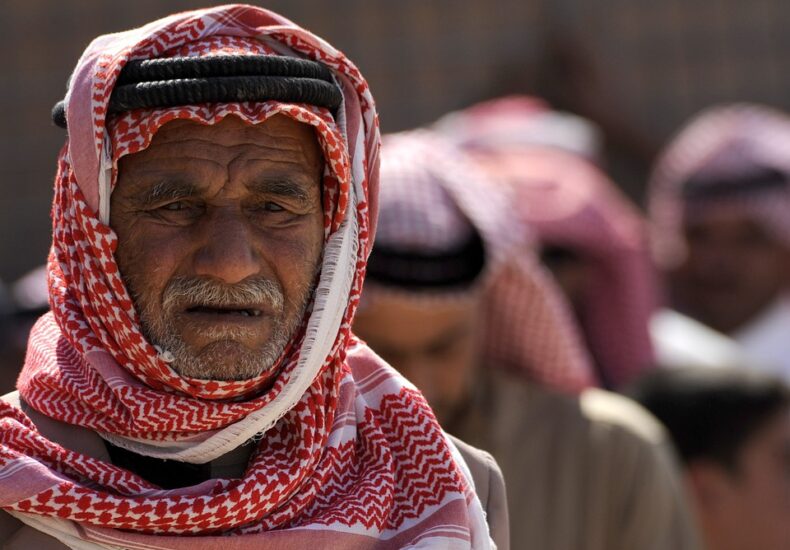
The History and Culture of Iraqi Kurdistan: A Comprehensive Guide
The History and Culture of Iraqi Kurdistan: A Comprehensive Guide
Introduction
Iraqi Kurdistan is a region in northern Iraq with its own unique history, culture, and identity. This region has a storied past, with a rich tapestry of influences from various civilizations and empires that have shaped its present-day landscape.
History
The history of Iraqi Kurdistan dates back thousands of years, with evidence of human habitation found in the region as far back as the Stone Age. Over the centuries, the region has been inhabited by various groups, including the Assyrians, Babylonians, Persians, Greeks, and Arabs.
One of the most significant periods in the history of Iraqi Kurdistan was the rise of the Kurdish people, who established their own kingdoms in the region in the Middle Ages. The Kurdish people have a long-standing tradition of resistance against foreign invaders and have maintained their distinct cultural identity despite attempts to assimilate them into the dominant cultures of the region.
In the modern era, Iraqi Kurdistan has seen its fair share of conflict and upheaval. The region has been the site of numerous wars, including the Iran-Iraq War in the 1980s and the Gulf War in the 1990s. The Kurdish people have also faced persecution and repression under the regimes of Saddam Hussein and other Iraqi leaders.
Culture
The culture of Iraqi Kurdistan is a vibrant mix of traditions, customs, and practices that have been passed down through generations. The Kurdish people have a rich oral tradition, with poetry, storytelling, and music playing a central role in their culture. Traditional dances, such as the lively and colorful Kurdish line dance, are also an important part of Kurdish cultural expression.
One of the most iconic symbols of Kurdish culture is the Kurdish flag, which features a red, white, green, and yellow design that represents the Kurdish people’s national identity and aspirations for self-determination. The region is also known for its culinary delights, with dishes such as kebabs, dolma, and baklava being popular staples of Kurdish cuisine.
Religion plays a significant role in Kurdish culture, with the majority of Kurdish people adhering to Sunni Islam. However, there are also communities of Christians, Yezidis, and other religious minorities in the region. Despite their diverse religious beliefs, the Kurdish people have historically coexisted peacefully and have a long-standing tradition of religious tolerance.
Traditions
Kurdish traditions are deeply rooted in the region’s history and play a vital role in shaping the cultural identity of the Kurdish people. One of the most important traditions in Kurdish culture is the concept of hospitality, which is regarded as a sacred duty and is extended to guests in a warm and generous manner.
Another prominent tradition in Kurdish culture is the celebration of Newroz, the Kurdish New Year festival that marks the arrival of spring. This ancient festival is a time of joy and renewal, with people coming together to dance, feast, and light bonfires to symbolize the triumph of good over evil.
Family is also a central aspect of Kurdish culture, with strong bonds between relatives and an emphasis on loyalty, respect, and honor. Marriages are traditionally arranged by the families of the bride and groom, and weddings are elaborate affairs that can last for several days.
Arts and Crafts
Kurdish arts and crafts are an integral part of the region’s cultural heritage, with a long tradition of pottery, weaving, and handcrafts. Kurdish rugs, with their intricate designs and vibrant colors, are highly sought after around the world and are considered a symbol of Kurdish craftsmanship and tradition.
Music is also an important form of artistic expression in Kurdish culture, with traditional instruments such as the saz (a type of lute) and the daf (a large drum) being used to accompany folk songs and dances. Kurdish music often tells stories of love, loss, and the struggles of the Kurdish people.
Conclusion
In conclusion, the history and culture of Iraqi Kurdistan are a testament to the resilience, identity, and spirit of the Kurdish people. Despite facing centuries of conflict, persecution, and oppression, the Kurds have managed to preserve their unique cultural heritage and traditions, which continue to thrive in the region today.
From their rich oral traditions and vibrant musical heritage to their colorful festivals and intricate arts and crafts, the Kurdish people have an enduring legacy that celebrates their history, culture, and identity. Iraqi Kurdistan is a region that is steeped in history and tradition, and its people are proud to carry on the legacy of their ancestors while looking towards a brighter future.
Leave a Reply